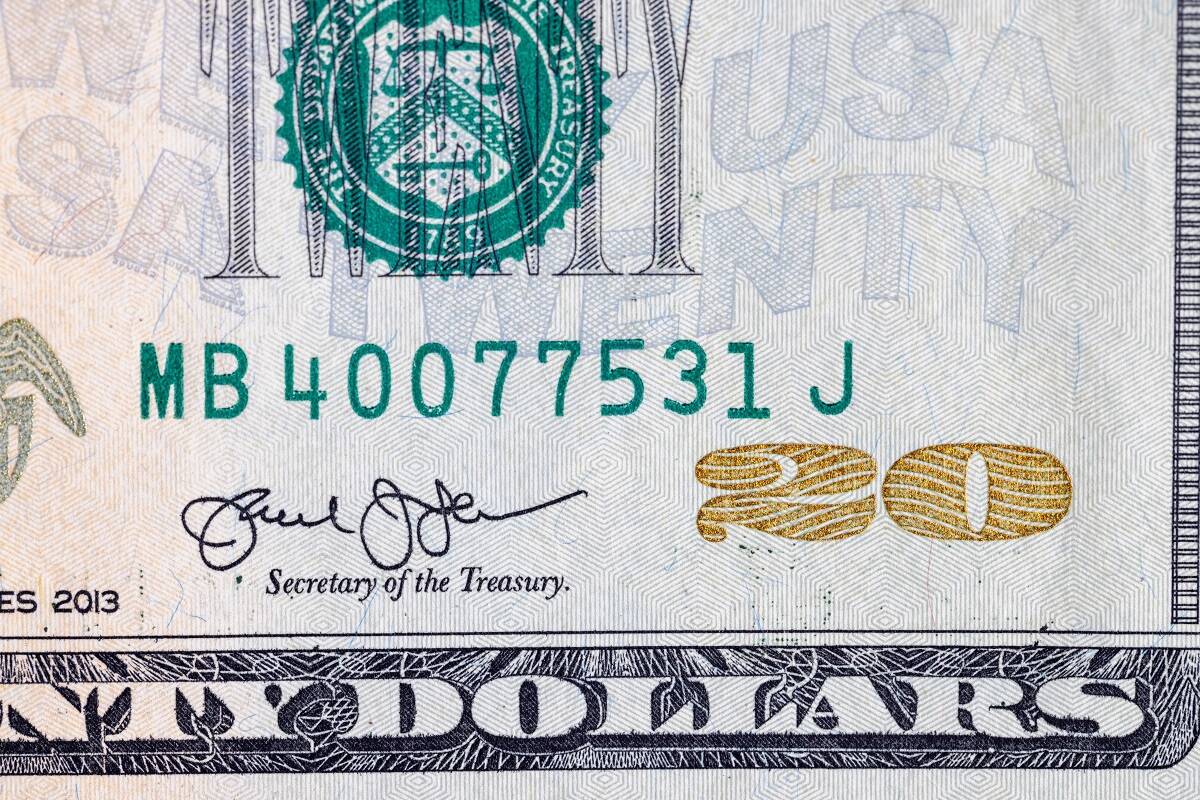Economic News
- Alvise Lennkh
Euro area governments unable to put in place consistent medium-term fiscal plans face credit-rating pressure even though reducing public borrowing is possible including for highly indebted countries, says Scope Ratings.
- Eiko Sievert
After five years of near-zero cumulative growth since the pandemic, Germany’s recovery is unlikely to accelerate without policy reform and an increase in net investment, supported by its significant fiscal space.
- Dennis Shen
A full-scale Middle East conflict is unlikely but any further escalation of tensions would have significant adverse consequences for commodity markets and inflation, affirming geopolitical developments as a core economic challenge globally.
- Dennis Shen
Japan’s sovereign Outlook was revised to Stable from Negative by Scope Ratings on 22 March due to higher inflation and its positive effects on debt sustainability.
- Thomas Gillet
The setback for Türkiye’s ruling AKP in local elections could support a continued restrictive monetary policy as persistent high inflation, an important economic weakness, was a key driver of the electoral outcome.
- Thomas Gillet
France faces important fiscal, social and political hurdles to finding additional savings in the next four years, challenging the execution of its medium-term fiscal consolidation strategy ahead of 2027 elections.
- Dennis Shen
Georgia’s credit outlook is anchored by a robust public-debt structure, declining government debt and strong growth. Still, heightened geopolitical risk and domestic institutional challenges are core constraints.
- Thomas Gillet
Egypt has improved its near-term finances by attracting foreign investment, devaluing the pound and securing more IMF support, but sustainable economic policy remains central for reversing the rating trajectory.
- Alessandra Poli
Italy’s public debt of around 137% of GDP is unlikely to decline despite expected primary surpluses from 2025 and planned asset sales, underpinning need for deploying EU funds successfully and containing spending.
- Dennis Shen
Further upside for Greece’s credit rating hinges on robust nominal growth, deeper fiscal consolidation, more reform of the banks and structural reform compensating for years of public and private under-investment.
- Peter Iosif
In this report, we intend to dwell deeper into the prospects of the Israeli economy in the short-term.
- Eiko Sievert
Germany’s energy-intensive industries, low investment, ageing population and weak growth, rather than high government debt, represent challenges to its AAA credit rating – hence the need to reform the debt brake.
- Julian Zimmermann
Scope Ratings is projecting a rebound in CEE-11 growth from an estimated, weak 0.7% in 2023 to 2.5% this year and 3% in 2025. Growth will be driven by lower inflation and higher real wages.
- Thomas Gillet
The shift of Türkiye’s monetary policy after the general elections last year has reduced risks of a deeper balance-of-payments crisis. If sustained, current policy would improve credit fundamentals.
- Dennis Shen
Scope Ratings’ baseline for 2024 is for a soft landing for the global economy, a turn of the global rate cycle, fiscal pressure, and ongoing geopolitical risk.
- Eiko Sievert
The UK’s debt-to-GDP ratio is set to rise above official forecasts given continued pressure for more spending unless future governments raise revenues, reduce the welfare state or significantly improve growth.
- Thibault Vasse
Climate and demographic risks have an important if moderate impact on public debt trajectories for most EU countries but become increasingly credit-rating relevant and mutually reinforcing in the long run.
- Eiko Sievert
The constitutional court ruling underlines Germany’s strong fiscal framework but complicates the government’s ability to address persistent under-investment of around EUR 300bn over the past decade.
- Thomas Gillet
A wider Middle East conflict could adversely impact the credit ratings of some euro-area sovereigns if this resulted in further monetary-policy tightening to tame renewed rises in inflation, and thus weaker growth.
- Thomas Gillet
The French government is counting on an end to emergency support, more efficient public spending and above-potential GDP growth to reduce public debt. It is an optimistic plan given challenges ahead.




























